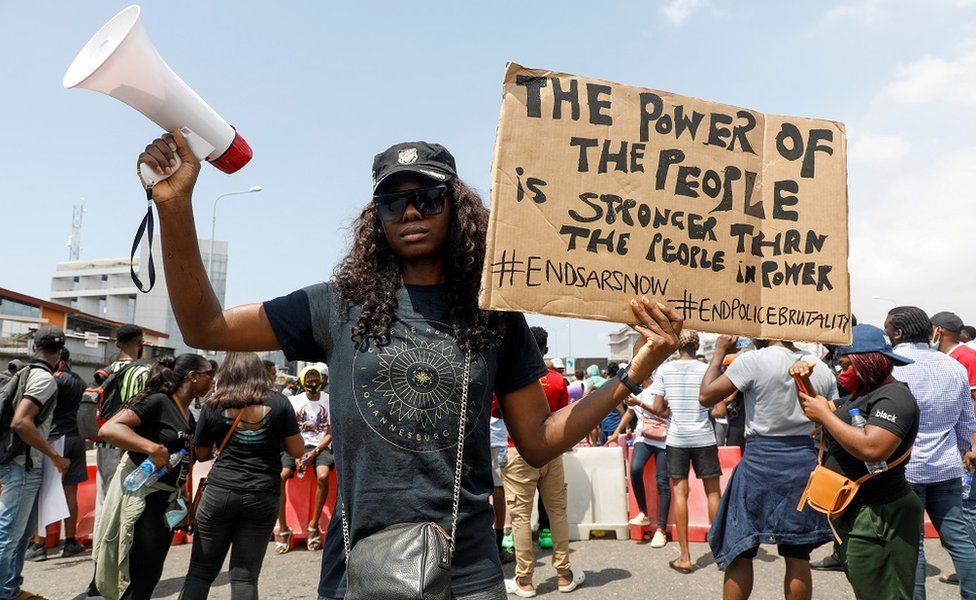Understanding the Problem
When Nigerians talk about the challenges facing the country, we often hear of corruption, poverty, illiteracy, or bad leadership. Yet beneath all these lies a deeper, more destructive force: political vandalism.
By political vandalism, we do not mean the burning of ballot boxes or the smashing of government property, though those happen too. Rather, it is the reckless and deliberate destruction of the very systems, institutions, and values that should serve the people. It is the abandonment of national interest for narrow gain. It is the consistent tearing down of the foundations of governance and development.
Consider what happens when a new government comes into power. Instead of consolidating on what exists, it often abandons projects and policies simply because they belonged to a predecessor. Billions of naira are wasted in the process, while ordinary Nigerians remain stuck with poor roads, broken schools, and uncompleted hospitals. That is political vandalism.
Or look at how ethnicity and religion are constantly weaponized in Nigerian politics. Instead of uniting the country’s diverse people, politicians exploit those identities to divide, weaken, and control. That is political vandalism, because it destroys the civic fabric on which development must be built.
From the very beginning of independence in 1960, Nigeria showed signs of this destructive habit. The first republic collapsed into chaos, with elections marred by rigging and violence, leading to the first military coup in 1966. The promise of independence was vandalized before it could take root.
The military, instead of correcting the problem, compounded it. Coups became a culture, each one justified as an attempt to save Nigeria but ending up destroying continuity and stability. The civil service, once the pride of West Africa, was politicized and corrupted. Universities, instead of being nurtured into world-class centers of innovation, were left to rot under neglect and underfunding.
This is why political vandalism is even more destructive than poverty or illiteracy. Poverty can be reduced with sound policies; illiteracy can be solved with schools and time. But political vandalism eats at the roots, making every solution temporary. It destroys trust, undermines institutions, and ensures that no matter how much money is spent, development cannot endure.
The result is what we see today: a country that has poured trillions into infrastructure, education, and industry, yet struggles to provide stable electricity, functional schools, or efficient transportation. Nigeria’s tragedy is not just mismanagement; it is vandalism — the deliberate and careless breaking down of the very tools needed to build.
As we reflect on this problem, the question becomes urgent: why does Nigeria vandalize its own progress? Why do we destroy what should serve us? Why do our leaders and even citizens participate in a culture that consistently undermines our own future?
These are the questions we must confront if we are to understand the roots of Nigeria’s underdevelopment. For until political vandalism is recognized and named for what it is, we will continue to chase symptoms while ignoring the disease.
This is only the beginning of the conversation. In the next part of this series, we will explore the faces of political vandalism — how it manifests in economics, institutions, and culture, and how decades of reckless politics have kept Nigeria trapped in cycles of wasted opportunities.


